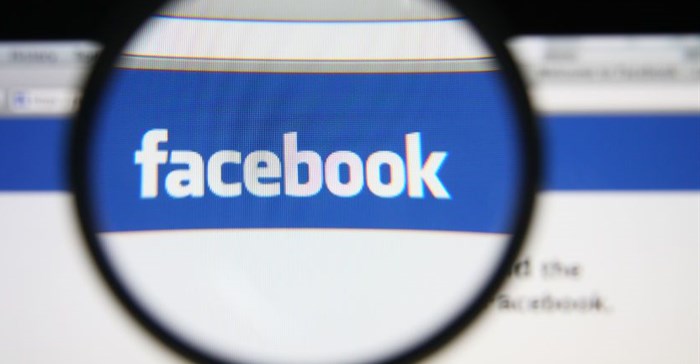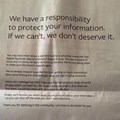
Subscribe & Follow
#AfricaMonth
Jobs
- Digital Marketing Paid Media Manager Cape Town
- Performance Marketing Manager Johannesburg, Cape Town
- Social Media Manager George
- Designer (Digital, Print, Video and Animation) Cape Town
- Digital Graphic Designer Johannesburg
- Graphic Designer Cape Town
- Social Media Manager Johannesburg
- Social Media Manager Cape Town
In the news
The slow burn impact of the Cambridge Analytica scandal

First, it was 50 million people whose records had been harnessed, now it’s up to 87 million. For users, the breach of privacy, initially swept under the Facebook rug in 2015, has left a bitter taste in their mouth and the company itself was reported as losing more than $40bn in share value.
A recent survey undertaken by Campaign in the UK asked people whether they ‘trust Facebook less as a result of the revelations from the Cambridge Analytica scandal’ and a remarkable 13% had no idea what the survey was talking about. However, for 53% the answer was yes. The #deletefacebook tag that was initiated by the founder of WhatsApp, Brian Acton, flooded other social media platforms and initially hit a staggering 10,000 appearances on Twitter in a two-hour period.
What does this mean for brands?
So, what does this mean for brands? Some, like Sonos, have paused their sped on the platform to make a point, others have carried on regardless.
The #deletefacebook tag was something of a knee-jerk reaction. The fact that it has died down considerably over the past two weeks is indicative of that. Facebook does provide value to brands and it has improved how content is served to its users, but now is a good time to carefully evaluate exactly how Facebook contributes to your brand and whether or not the investment is of any value.
If brands do continue to engage with consumers and provide them with useful marketing that’s meaningful to them, then they need to change their attitudes around how they use customer data. This applies to all brands, publishers and media owners – transparency is key and there is no time like the present scandal to clean up that shop window and adopt a transparent attitude. It turns out that old adage is true – tell the truth, or someone else will tell it for you.
Data is currency
Data has become incredibly valuable for brands and businesses, especially when it comes to marketing with accuracy and intent to the right target market. For consumers, their data is their currency, so ensure that your brand recognises and respects that. It isn’t owned by the brand, it is on loan for them to use with wisdom.
If a consumer perceives that this mutual exchange is of benefit to them and that it delivers real value, then trust will grow. It’s in the abuse of data that brands need to be wary. The line between a trusted relationship and an abusive data hound is fine and the one thing that every brand should take from this scandal is that they are not exempt.


















